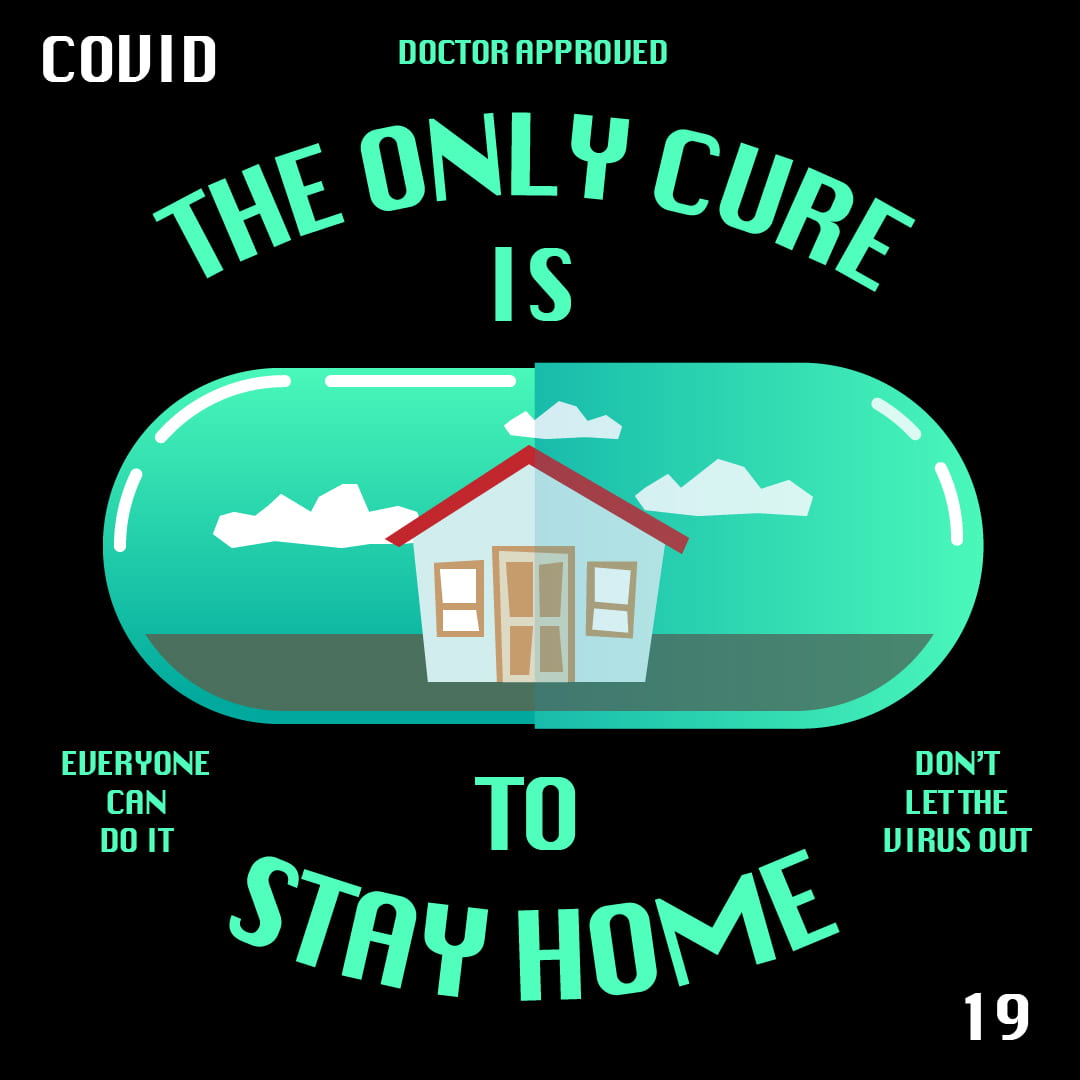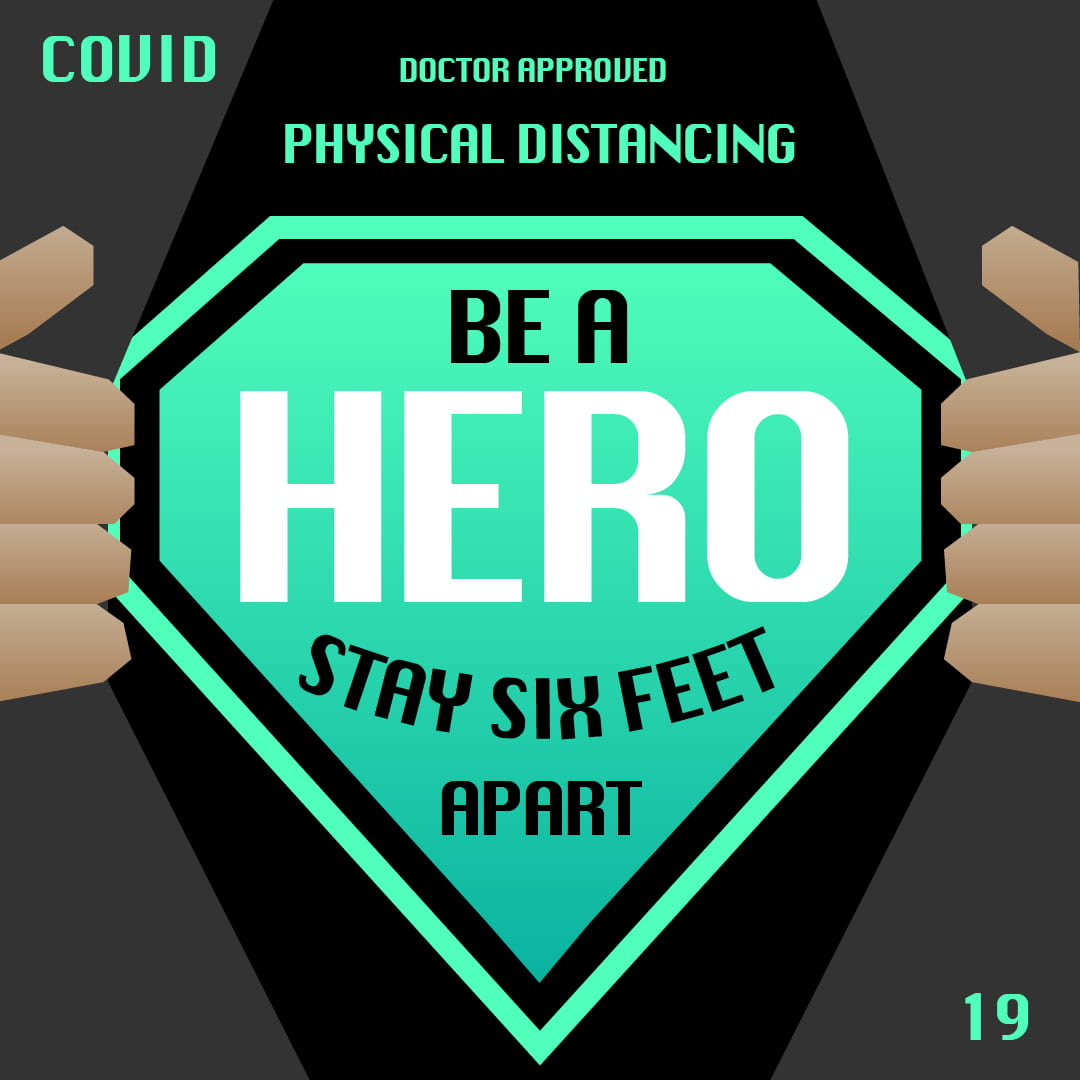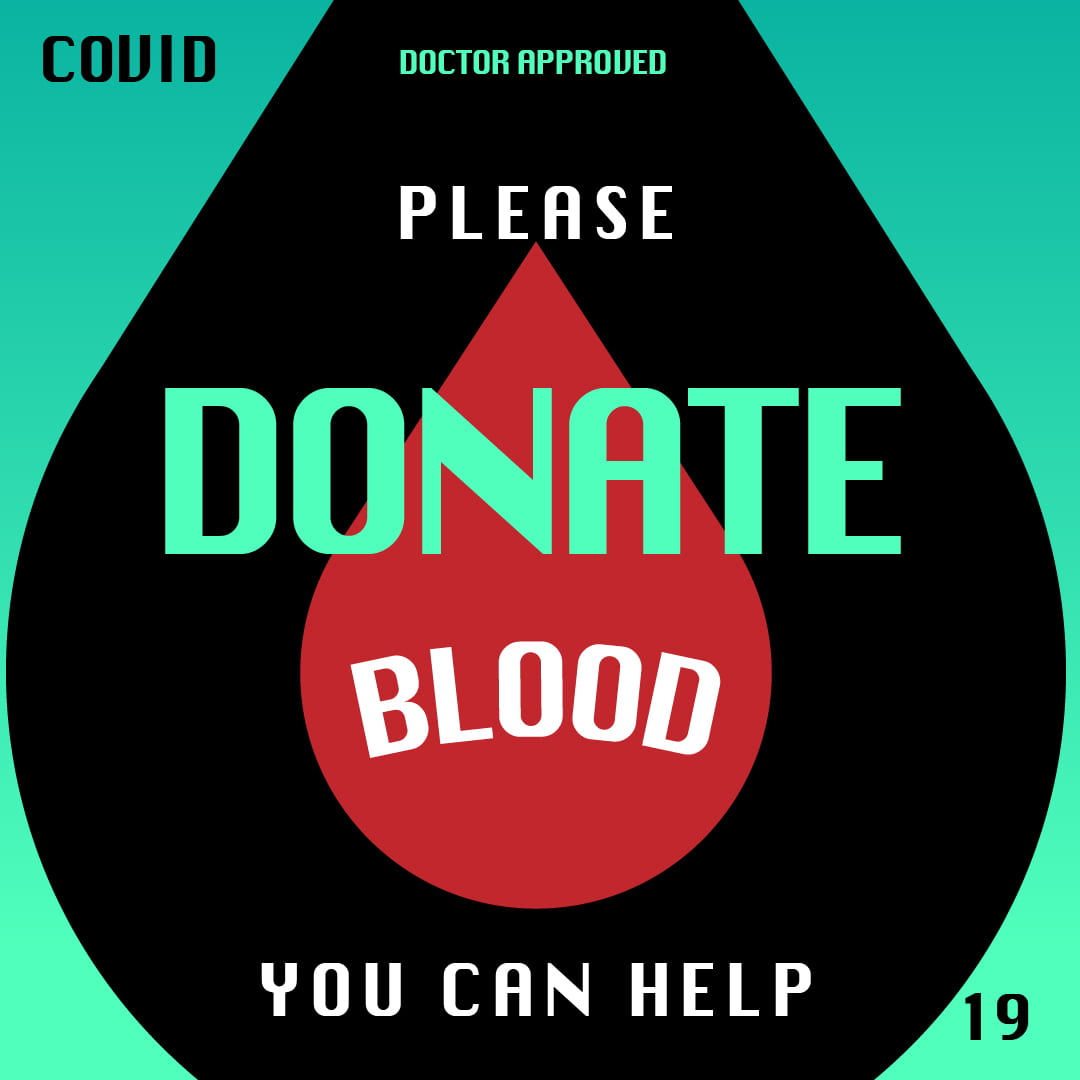COVID-19 Resources
COVID-19 Frequently Asked Questions
What is COVID-19 or Coronavirus?
COVID-19 is a respiratory illness that is mostly spread through droplets from coughing or sneezing or contact with surfaces infected by these droplets. It can be transmitted to anyone regardless of age, race, or health.
What are the symptoms?
Common symptoms include fever, cough, shortness of breath, and other cold- or flu-like symptoms. Symptoms can appear 2-14 days after exposure. Some infected people may have no symptoms.
Who is at highest risk?
Everyone is at risk. Adults over 60 years and those with chronic conditions are at highest risk of becoming seriously ill or dying.
How can I avoid getting this virus?
- Stay home: the virus is spreading through contact with infected people and surfaces, so stay home unless absolutely unavoidable.
- Wash hands: for at least 20 seconds using soap & water, use hand sanitizer with at least 60% alcohol if no soap available, frequently and after touching potentially infected surfaces.
- Disinfect home surfaces: including kitchen, bathrooms, doorknobs – do this regularly, especially if you have to leave and return to your home.
- Avoid touching face: including eyes, nose, and mouth with unclean hands.
- Some studies suggest: Vitamins C & D may help strengthen your immune system. Vitamin C is found in fruits and vegetables and should have a few times a day, and Vitamin D is in supplements and from the sun (just 15-30 minutes outside!). Zinc may help to fight the virus – exists in meat, breakfast cereals, dairy & supplements.
How can I limit my trips outside of the house?
- Food: try to keep a supply of basic staples (frozen vegetables & fruit, pasta, and canned fish) in your home. Buy ahead, request delivery when possible. If you must go to store, call ahead and make sure they have what you need.
- Medications: call pharmacy to set up delivery, avoid going to the pharmacy unless necessary. Stock 30-90 day supply of prescriptions if possible.
Is it OK for me to interact with family?
- Transmission in families is common. Avoid in-person contact with anyone who does not live with you, including children and grandchildren.
- Though difficult and not always possible, limiting or eliminating contact for now helps ensure your family members can be there for each other in the future.
- Connecting with friends and family on the phone or computer may make staying home easier.
What should I do if I'm sick?
- if you are a patient in the Comprehensive Care Program call the CCP clinic at 773-702-1111 and the nurse, or your doctor, can help you by phone, or call the UChicago Medicine COVID help number at 773-702-2800.
- Avoid going to the ER unless there is an emergency, so you do not expose yourself to the virus unnecessarily.
- Separate yourself from others in your home, if possible, and monitor your symptoms.
What resources do I have?
- Comprehensive Care Program (CCP) Clinic: 773-702-1111
- UChicago Medicine COVID-19 Patient Resource: 773-702-2800
- Emergency Rental Assistance: 311
- National Suicide Prevention Lifeline: 800-273-8255
- Illinois Warm Line (mental health): 866-359-7953
- Stay updated with reliable sources such as the CDC, CDPH, and local news
Download the FAQ here.




You must be logged in to post a comment.